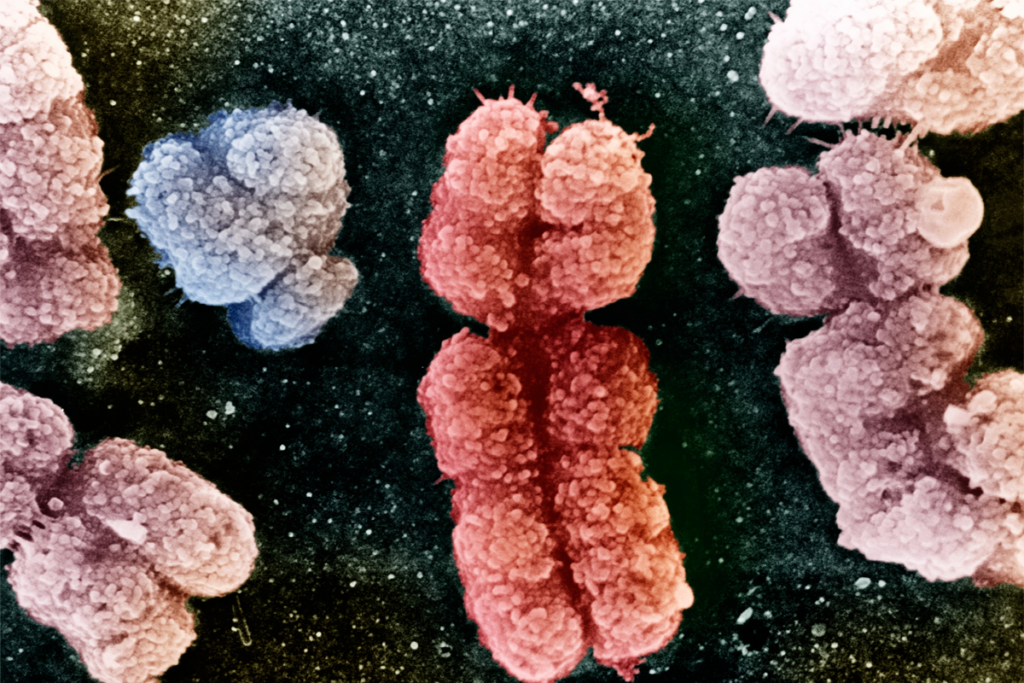Grace Huckins is a former editorial intern at Spectrum. Her writing has been published in Scientific American, Wired and Popular Science. She is pursuing a Ph.D. in neuroscience at Stanford University in California, where she builds computer models of brain dynamics. In 2020, she was the AAAS Mass Media Fellow at Wired. She previously studied at the University of Oxford in the United Kingdom as a Rhodes scholar.
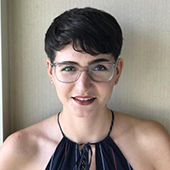
Grace Huckins
Former news intern
Spectrum
From this contributor
Extra Y chromosomes are linked to autism
Data from people with more or fewer than two sex chromosomes could help answer questions around genetic protection and vulnerability.
How Helen Willsey broke new ground, frogs in hand
A young researcher faces down the skeptics.
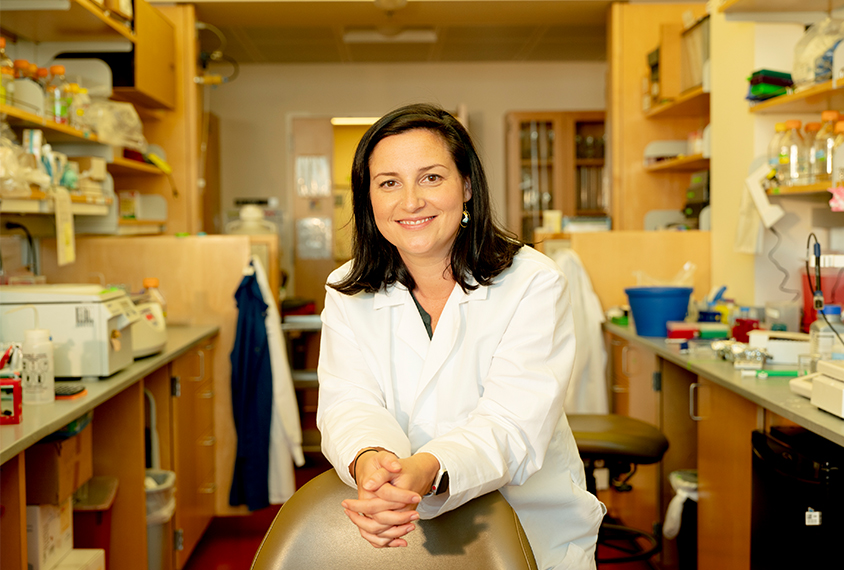
How Helen Willsey broke new ground, frogs in hand
Searching for the biology behind autism’s sex bias
The fact that autism seems to affect more boys than girls is often attributed to diagnostic gaps, but the skew remains largely unexplained. Some scientists are turning to basic biology for answers.
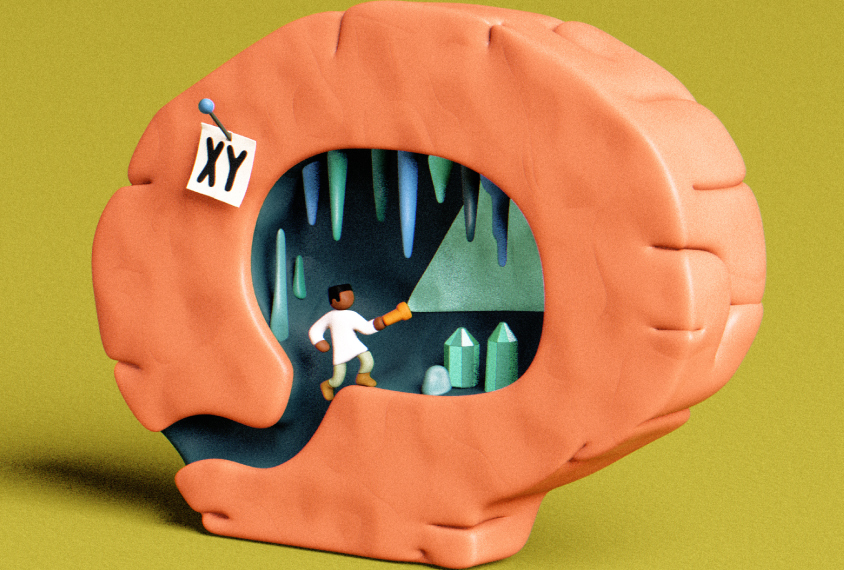
Searching for the biology behind autism’s sex bias
Patchwork mutations present a new frontier for autism research
Mosaic mutations, which affect only some of the body’s cells, play a small but meaningful role in autism. Though they are difficult to study, researchers are working to master their complexity.
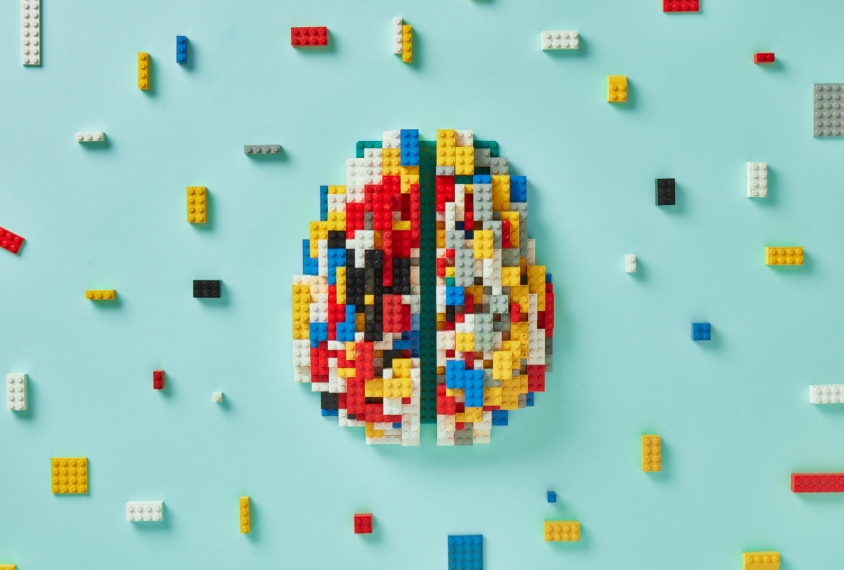
Patchwork mutations present a new frontier for autism research
Pandemic pressures may drive young scientists away from autism research
After a year of juggling research, childcare and COVID-19 anxiety, some early-career academics are rethinking their place in autism science.
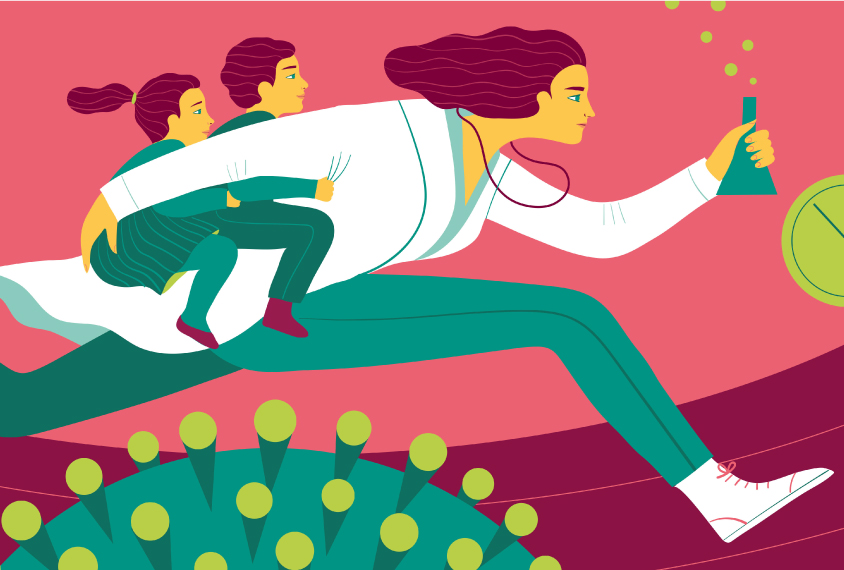
Pandemic pressures may drive young scientists away from autism research
Explore more from The Transmitter
Xiao-Jing Wang outlines the future of theoretical neuroscience
Wang discusses why he decided the time was right for a new theoretical neuroscience textbook and how bifurcation is a key missing concept in neuroscience explanations.
Xiao-Jing Wang outlines the future of theoretical neuroscience
Wang discusses why he decided the time was right for a new theoretical neuroscience textbook and how bifurcation is a key missing concept in neuroscience explanations.
Memory study sparks debate over statistical methods
Critics of a 2024 Nature paper suggest the authors failed to address the risk of false-positive findings. The authors argue more rigorous methods can result in missed leads.

Memory study sparks debate over statistical methods
Critics of a 2024 Nature paper suggest the authors failed to address the risk of false-positive findings. The authors argue more rigorous methods can result in missed leads.
Attention not necessary for visual awareness, large study suggests
People can perceive some visual information even if they do not pay direct attention to it.

Attention not necessary for visual awareness, large study suggests
People can perceive some visual information even if they do not pay direct attention to it.
